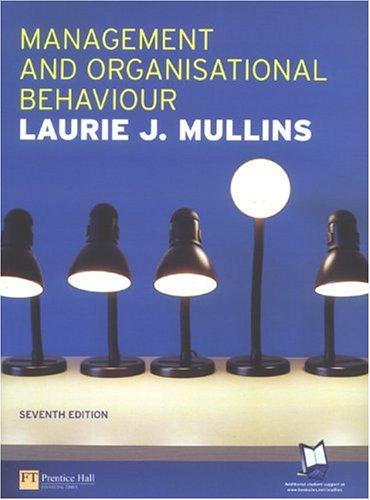Question
Q1. Seller agreed to ship by sea 10,000 tons of potatoes FOB Tacoma, Washington (Incoterms 2020), to Buyer in Japan. Buyer designated the SS Russet
Q1.
Seller agreed to ship by sea 10,000 tons of potatoes "FOB Tacoma, Washington (Incoterms 2020)", to Buyer in Japan. Buyer designated the SS Russet to take delivery at pier 7 in Tacoma. On the agreed upon date for delivery, Seller delivered the potatoes to the pier, but the ship Russet was not at the pier. Because another ship using the pier was slow in loading, the Russet had to anchor at a mooring buoy in the harbour and Seller had to arrange for a lighter to transport the potatoes in containers to the ship. The lighter tied up alongside the Russet, and a cable from the ship's boom was attached to the first container. As the container began to cross the ship's rail, the cable snapped. The container then fell on the rail, teetered back and forth for a while, and finally crashed down the side of the ship, causing the lighter to capsize. All of the potatoes were dumped into the sea. Buyer now sues Seller for failure to make delivery. Is Seller liable?
Q2
Suppose, in Question 1, the contract had been "FAS Tacoma, Washington (Incoterms 2020)". Would Seller be liable?
Q3
Seller agreed to deliver 1,000 air conditioners to Buyer "DPU Port Moresby (Incoterms 2020)". The air conditioners were transported by ship to Port Moresby, where they were off loaded to the customs shed for inspection. The ship then sent a cable to Buyer stating that the air conditioners were in the customs shed and that the ship was proceeding on its way. Before Buyer could arrive to pay the customs duties and collect the air conditioners, the customs shed burned down, destroying all the air conditioners. Buyer sues Seller for failing to make delivery. Is Seller liable?
Q4.
Seller in Sydney, Australia, agreed to ship goods on or before 31 December under a "CIF Sydney (Incoterms 2020)" contract to Buyer in Honolulu. Seller was unable to assemble the goods for delivery in time to reach the ship in Sydney and had to transport the goods by rail to Melbourne, where the ship was taking on goods on 3 January.Seller did load the goods aboard railway cars in Sydney on 29 December and received a bill of lading from the railway company on that date. Seller later obtained a bill of lading from the ship and together with an invoice, and a marine insurance policy, tendered both bills of lading to Buyer. Buyer refused to accept the documents or to pay Seller. Seller sues to enforce the contract. Will Seller win?
Step by Step Solution
There are 3 Steps involved in it
Step: 1

Get Instant Access with AI-Powered Solutions
See step-by-step solutions with expert insights and AI powered tools for academic success
Step: 2

Step: 3

Ace Your Homework with AI
Get the answers you need in no time with our AI-driven, step-by-step assistance
Get Started



